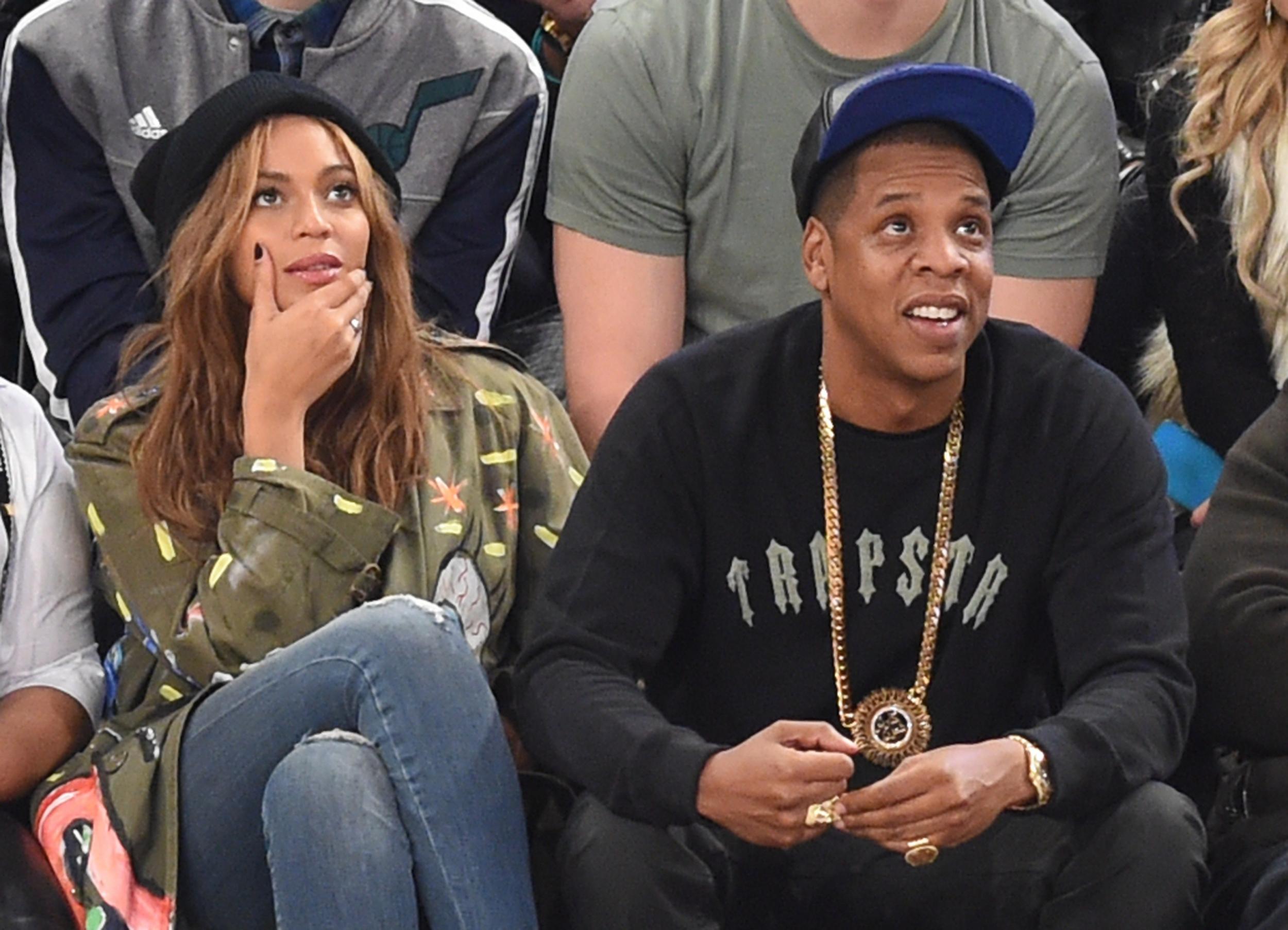If you're wondering who 'Becky with the good hair' is after listening to Beyonce's Lemonade, I have some answers for you
Rachel Roy and Rita Ora had their social media channels flooded with vitriol by 'the Beyhive' this week. Guess who didn't? Jay Z


There’s a lot to be said about Beyonce’s latest visual album Lemonade, and I’ll leave the discussions of black womanhood, the Black Lives Matter movement and the politics thereof to much more qualified voices than mine. Without a doubt, this is an important piece of work. But to turn to much more superficial matters, who the hell is "Becky with the good hair"?
The namedropped Becky has been the source of record levels of interest from the self-proclaimed “Beyhive”, Beyonce’s devoted fan base. Who on earth is she, and what the hell did she actually do anyway?
Lemonade’s narrative heavily implies that she’s a lying, cheating skank who tore a man away from his marriage with the hair of a thousand temptresses. Meanwhile, every Rebecca in the western world must feel like the other Judas in Jesus’ 12 disciples about 20 seconds after Judas Iscariot ruined the name for everyone. If a real-life 'Becky with the good hair' betrayed Beyonce, then nobody wants to be Becky; hell, most people barely even want to have hair.
But did a real Becky betray Beyonce? The 'Beyhive' – Beyonce's dedicated fanbase – think so, at least if their behaviour on social media is anything to go by. The fashion designer Rachel Roy was first tipped to be the woman behind the moniker, and had to turn her Instagram private yesterday after being flooded with hundreds of users commenting with B’s and lemon emojis on her pictures.
"I respect love, marriages, families and strength. What shouldn’t be tolerated by anyone, no matter what, is bullying, of any kind,” Roy tweeted after a few hours of the deluge, clearly regretting the Instagram post she’d put up after Lemonade dropped, which read “Good hair don’t care”.
Never mind, though, because today the tabloids have decided it might actually be Rita Ora, who has in turn been subjected to similar treatment.
Incidentally, the person whose social media channels weren’t flooded with vitriol (or random emojis of citrus fruits) was Jay Z. Nobody openly wondered whether he respected love, marriages, families and strength, or asked if he was into good hair in the first place. Whether or not he really did play away, the Beyhive was willing to find plenty of women guilty without trial – but the man at the centre of the allegations somehow managed to get away scot-free.

It’s disappointing that art as boundary-pushing as Lemonade has became associated with such retrograde behaviour. The old idea that men aren’t in control of their sexuality, that they can’t be blamed if they cheat or sleep around or rape because it’s all the fault of some schoolgirl in a short skirt, a slut in a bar, or a succubus with good hair, just won't be laid to rest. When a man betrays his partner, it's a woman’s wiles that are to blame.
To see a group of women reinforce that tired trope, supposedly in the name of their hero, is disappointing. Even more so when that hero once performed under a gigantic screen with big, white letters flashing the word ‘FEMINIST’.
Women are taught to live in constant suspicion of one another, always defining themselves against the banal clichés of feminine unacceptability – most girls are superficial but I’m different because I’m like one of the boys; most women round here are easy, but I’m not because sex means something to me; most women make a big deal out of things, but I’m the exception to the rule; most girls at school are bitches, but I rise above it all.
The scariest thing for this society is when women stick together, support each other and refuse to give in to the idea that we’re mere ciphers for lazy male stereotypes. That doesn’t mean supporting women just because they’re women, but it does mean pushing back against the suggestion that other women are always to blame for men’s mistakes.
'Becky with the good hair' is the girl you really shouldn’t care about. If you do, you need to ask yourself why.
Join our commenting forum
Join thought-provoking conversations, follow other Independent readers and see their replies
Comments
Bookmark popover
Removed from bookmarks